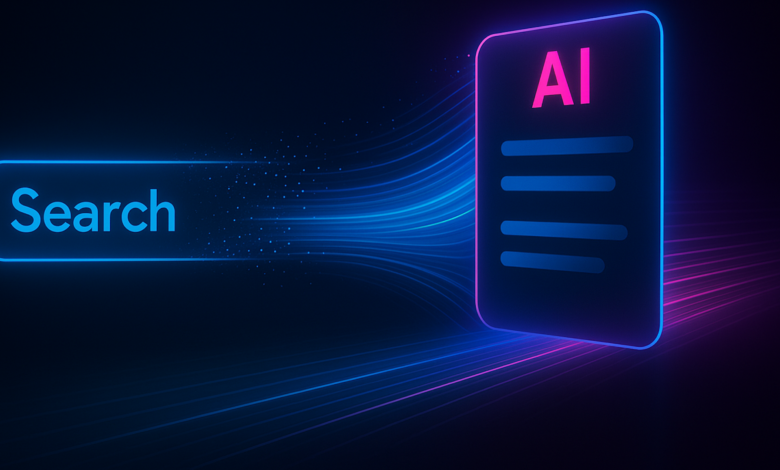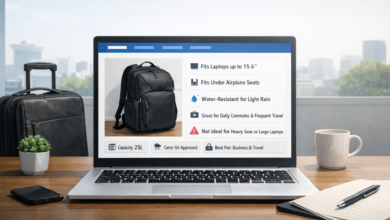AI’s Search Overhaul: 90% of Businesses Fear SEO Decline

▼ Summary
– Nearly 90% of businesses are concerned about losing organic visibility as AI changes how people find information online.
– Most businesses prefer calling this new discipline “SEO for AI” (49%) or “GEO” (41%) rather than abandoning the SEO label.
– 75.5% of businesses prioritize brand visibility in AI-generated answers even without links, while only 14.3% focus on being cited as a source.
– The top concerns include not being found online, total loss of organic search, and loss of traffic attribution.
– While AI search is growing, studies show AI referrals convert worse than Google Search and won’t match organic search performance within a year.
A significant shift is underway in how consumers discover products and services, with artificial intelligence reshaping the entire digital search landscape. According to recent research, nearly 90% of companies express serious concerns about their ability to maintain organic visibility as AI-powered tools become primary information sources. This transformation threatens traditional search engine optimization strategies that businesses have relied on for years to attract customers and generate revenue.
The survey reveals that most organizations prefer retaining the familiar “SEO” terminology when discussing these new challenges. Approximately 49% favor the term “SEO for AI,” while 41% prefer “GEO” (Generative Engine Optimization) to describe the emerging discipline of optimizing for AI systems.
The statistics paint a clear picture of industry apprehension. An overwhelming 87.8% of businesses reported anxiety about their online findability in this new AI-dominated environment. This concern has prompted concrete action, with 85.7% of organizations either currently investing or planning to invest in AI and large language model optimization. Furthermore, 61.2% intend to increase their SEO budgets specifically to address AI-related challenges.
Perhaps most revealing is the strategic shift toward brand visibility over direct traffic. Three-quarters of surveyed businesses (75.5%) identified brand recognition within AI-generated responses as their primary objective, even when those responses don’t include clickable links back to their websites. Only 14.3% prioritized being cited as a source with potential traffic benefits, while a minority expressed need for both outcomes.
The primary fears driving these concerns include the inability to get businesses discovered online, complete loss of organic search visibility, and diminished capacity to track traffic sources. These anxieties reflect fundamental changes in how consumers interact with information and make purchasing decisions.
The research involved more than 300 marketing professionals and business owners, predominantly from medium and large enterprises. Ecommerce brands represented nearly half of the survey participants, indicating particular concern among retail-focused organizations.
Despite the rapid adoption of AI search tools, multiple independent studies suggest these platforms currently generate lower conversion rates compared to traditional search engines. Industry analysts project that AI systems won’t achieve parity with organic search results within the coming year, providing some breathing room for businesses adapting to these changes.
(Source: Search Engine Land)





